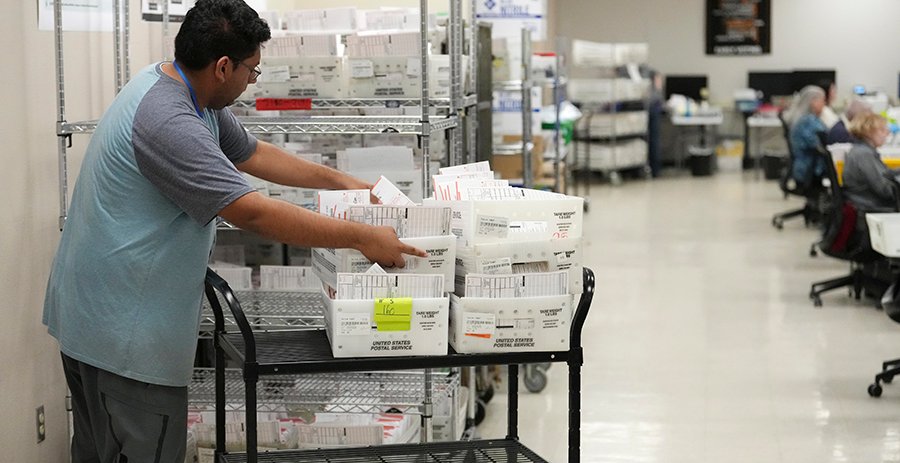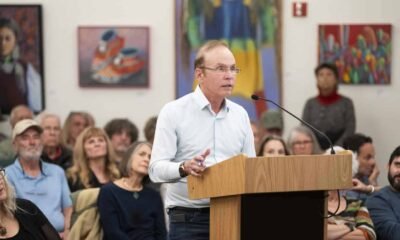All Voting is Local Action Arizona
Are Legislators Holding Up the Clock on Vote Counts?

Recently, Arizona Senate President Warren Petersen, R-Gilbert, shared insights on Twitter about the state’s ballot drop-off process. He highlighted the differences with Florida’s policies, indicating that Arizona lacks a cutoff for early ballot drop-offs, which influences election result timelines.
Petersen’s comments draw attention to a critical issue in Arizona’s election infrastructure. The state does not report election results on Election Day, a situation exacerbated by ballot drop-offs. Some lawmakers are using this discrepancy to advocate for Senate Bill 1001, aiming to tighten the timeline for returning early ballots and potentially increasing Election Day congestion.
Critics argue that this proposed bill undermines voter accessibility. As Arizona leans toward more competitive elections, some fear that changes like SB1001 will make early voting more cumbersome. The shift in political dynamics necessitates a more considered approach to election laws.
Amidst the ongoing debate, certain legislators have attempted to shift blame for extended waiting times onto voters. However, it was a two-page ballot introduced in 2024, prompted by legislative referrals, that was a significant cause of delays. This expansion marks the first such change in nearly two decades, reflecting the strategic maneuvers of lawmakers to sidestep Governor Katie Hobbs’ veto power.
Despite these challenges, it’s worth noting that nine out of 15 counties in Arizona certified their results earlier this year compared to previous presidential elections, even with the introduction of a recount law that typically slows down certifications. This demonstrates an effort to maintain electoral integrity and efficiency.
Historically, Arizona has never produced complete election results on Election Day. The state prioritizes ensuring every vote is counted over quick results. With the increasing competitiveness of races in Arizona, a thorough counting process is even more critical to maintain public trust in the electoral system.
Concern is also growing about the influence of Florida’s legislative practices on Arizona’s election policies. Florida’s controversial moves, such as creating an election police force and banning community groups from providing essential resources to voters, have raised alarms among Arizona’s electorate. Advocates are urging local legislators to resist mirroring these policies and instead focus on solutions tailored to the needs of Arizonans.
As Arizona navigates these complex issues, calls for bipartisan collaboration in crafting election policies are intensifying. A report from the Governor’s Bipartisan Elections Task Force, released last year, offers a framework for improving voter access. Legislative leaders are urged to draw from this report to foster more inclusive voting policies in the upcoming session.
Alex Gulotta serves as the State Director for All Voting is Local Action Arizona, advocating for sustained improvements in voter engagement and protection in the state.


















